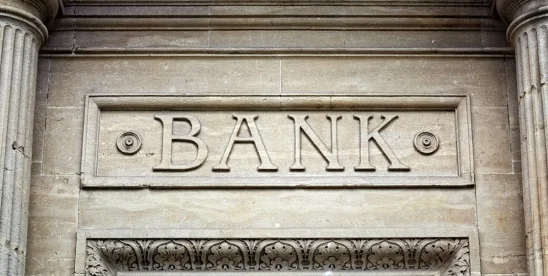Ethiopia is poised to revolutionize its financial landscape with the enactment of the Banking Business Proclamation No. 1360/2024, signaling a historic shift from its traditionally closed banking sector. For decades, Ethiopia’s banking system was exclusively reserved for domestic investors, limiting opportunities for growth and modernization. This cautious approach aimed to shield domestic banks from external competition, allowing them to develop in a protected environment.
However, the limited exposure to international banking standards also slowed the adoption of global best practices and restricted access to foreign capital. With this new legislation, Ethiopia is now welcoming foreign banks into its financial ecosystem, laying the groundwork for broader economic reforms and global integration.
The Proclamation enables reputable foreign banks that are well-established, financially sound, and regulated by their home countries’ authorities to invest and operate in Ethiopia. It provides three primary avenues for foreign banks to enter the market,
- Establishing wholly or partially owned subsidiaries,
- Setting up branches, and
- Acquiring shares in existing or new domestic banks.
This comprehensive framework ensures a structured entry process while safeguarding Ethiopia’s financial sovereignty.
The law also redefines the role of representative offices for foreign banks. Trade representative offices were previously required to register with the Ministry of Trade and Regional Integration. However, under the new regulations, these offices must now register—or re-register, if already registered—with the National Bank of Ethiopia (NBE). These offices are restricted to liaison and promotional activities and are prohibited from engaging in core banking services. This ensures that only fully licensed subsidiaries or branches can provide financial services, maintaining regulatory oversight and consumer protection.
To ensure clarity and governance, the Proclamation categorizes investors into two groups: “strategic” and “non-strategic.”
Strategic investors include government-owned banks, reputable banking groups, and international development finance institutions. These entities are permitted to establish subsidiaries or branches, offering them significant operational flexibility.



No Comment Found.